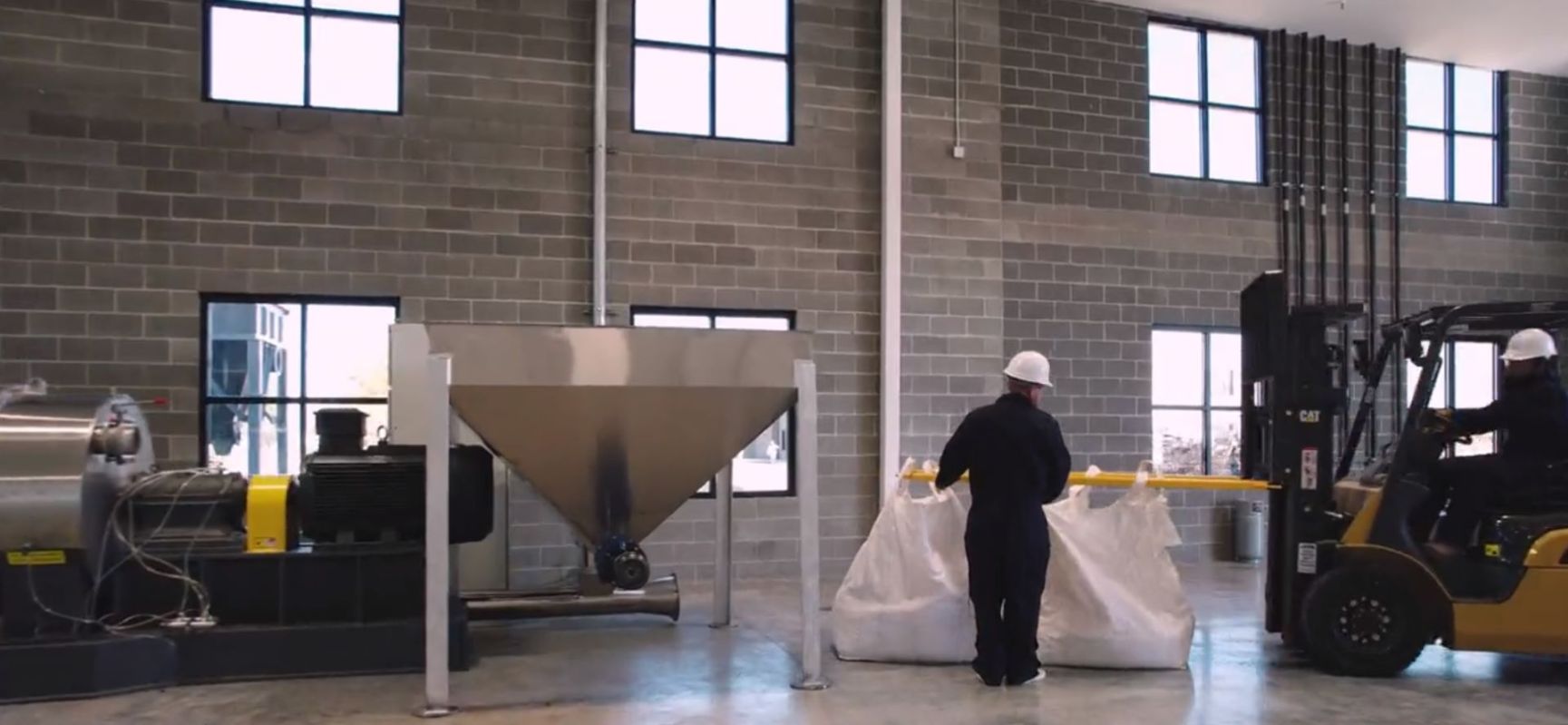Experts at Utah's Ionic Mineral Technologies are working on a silicon-anode battery with a jaw-dropping charge speed, touted as being eight times faster than traditional electric vehicle power packs.
That translates to an 80% charge in about five minutes.
And the Ionisil nano-silicon anode is getting attention. U.S. Rep. John Curtis toured the Provo facility at the end of December.
"We can do better and cleaner here," the congressman said in a story from The EV Report, which noted that silicon — the second-most abundant element in the Earth's crust — is being sourced stateside.
This isn't a novel concept, as experts around the world have identified silicon as a potential successor to graphite for battery anodes.
Lithium ions (in most EV batteries) travel on repeated round trips between the anode and the cathode as the battery charges and discharges. The chemistry has traditionally been powered by expensive materials primarily sourced abroad, including graphite.
Ionic is among companies announcing breakthroughs that could change the way we power our EVs with more sustainable components.
By replacing all of the graphite in the power pack with home-harvested silicon, Ionic plans to strengthen the regional battery material supply chain, as graphite is subject to foreign markets, rules, and regulations.
"Our domestic nano-silicon production reduces reliance on foreign sources and fuels regional economic growth," Ionic founder and CEO Andre Zeitoun said in The EV Report.
Ionic is gathering its silicon from a Utah deposit. By the middle of the year, officials plan to be able to produce more than 2,200 tons of nano-silicon annually, according to the online tech news site.
What's more, the congressman noted that the benefits go beyond EV performance.
"Growing U.S. mineral processing and manufacturing strengthens our energy independence and national security," Curtis said.
The advantages promised on the road are also newsworthy in their own right. In addition to faster charge times, the company boasts energy density and capacity that's 10 times greater than common batteries. That means your EV will travel much farther before that five-minute plug-in is needed.
Ionisil has already met expectations during testing, per the company. Since the anodes can be dropped into current production facilities with no line changes, there's no delay for refits.
That's why the company seems ready for action.
"The silicon race is on," Ionic's website boldly declares.
Join our free newsletter for weekly updates on the coolest innovations improving our lives and saving our planet.









